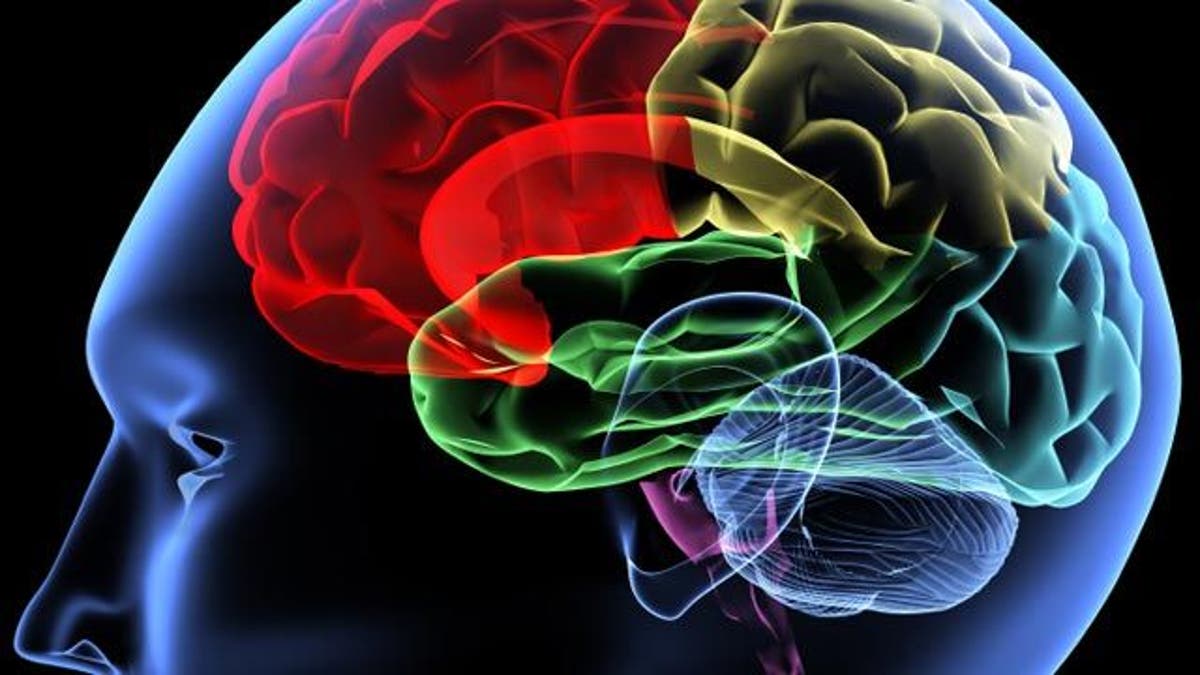
In older adults, apathy may be a sign of degenerative brain changes, according to a new study published in Neurology.
Researchers at the National Institute of Aging at the National Institutes of Health (NIH) in Bethesda, MD, studied a group of 4,354 people with an average age of 76. None of the participants had dementia. For the study, each participant underwent an MRI scan and answered questions that measured apathy symptoms, which can include lack of emotion, lack of interest, giving up activities and interests, choosing to stay at home and lacking energy.
"Just as signs of memory loss may signal brain changes related to brain disease, apathy may indicate underlying changes," study author Lenore J. Launer, head of the neuroepidemiology unit at the NIH, said in a press release.
Researchers found that people who demonstrated two or more apathy symptoms had 1.4 percent smaller gray matter volume and 1.6 percent less white matter volume compared to participants who displayed fewer than two symptoms of apathy. In the brain, learning and memory storage occur in the grey matter. The white matter serves as communication cables, connecting different parts of the brain.
“The changes are generally thought to reflect neurodegeneration (i.e. dying neurons) in the gray matter and vascular disease— which leads to white and gray matter damage,” Launer wrote to FoxNews.com in an email. “These pathologies do increase with age, but the hypothesis is they represent disease processes that can be prevented or reduced.”
Launer’s research at NIH is focused on understanding risk factors for and consequences of processes leading to late-life dementia.
"If these findings are confirmed, identifying people with apathy earlier may be one way to target an at-risk group," Launer said.
